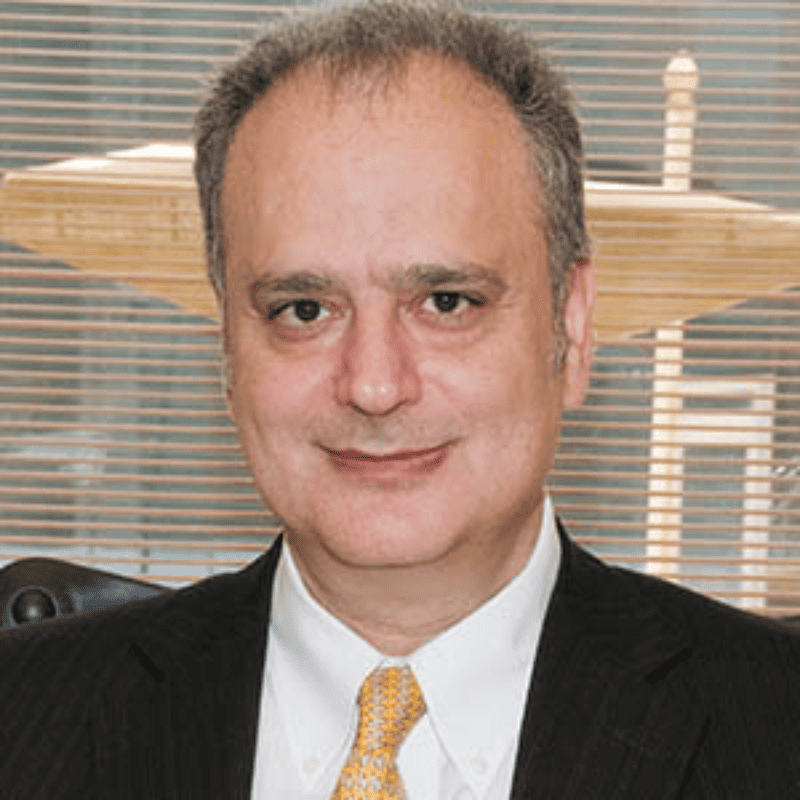Al Ahli Bank of Kuwait’s CEO, Michel Accad, opens up about his country’s economic role in the Arab world and why the Gulf nation might never achieve all its lofty aspirations.
Global Finance: What is your general sense of the banking sector in Kuwait today?
Michel Accad: It is maybe the strongest in the GCC [Gulf Cooperation Council] and in the Arab world. The banks have one of the highest capitalizations [as well as] very good asset quality and one of the lowest percentages of nonperforming loans—below 2%.
On the other hand, the fact that we tend to be overprovisioned also leads to a slightly lower profitability than banks elsewhere; but overall, the banking system is viewed as very solid.

GF: How does the banking environment compare to that in other GCC countries?
Accad: If I take the UAE [United Arab Emirates] as a benchmark, the environment [there] is probably more competitive and more open, in the sense that they are more international while Kuwait is more inward-focused. In the UAE there also tends to be more innovation.
GF: What is driving the growth of ABK?
Accad: Our growth comes from our geographic diversification as a growing presence in Egypt and in the UAE. We are lucky to be there, even if, of course, they will not all move in the same direction. Last year we had very good performance in Egypt and Kuwait, while the UAE was suffering from the fall in oil prices and a bit of a downturn in the economy.
There is also our “Simplicity” initiative. The idea is to make life simpler for our customers without compromising on control and integrity. So, for example, if someone wants to open an account with us, he doesn’t need to sign in 25 different places anymore. The market has noticed our efforts, as we have grown our business and our market share locally.
GF: How does ABK promote non-oil economic activity and foreign investment?
Accad: The banks in general are not very involved in the oil sector because that was always financed directly by the government. Now Kuwait, like many other GCC countries, is a rich country; so it is not a place where you would expect individual investors or private companies to come in very aggressively. That said, the country needs to attract investors that are project-related, for electricity, construction or desalinization, for example.
For more on Kuwait, click here.
ForGF’sinterview with NBK-Kuwait CEO Salah Al-Fulaij, click here.
For the sidebar on Revamping Kuwait’s Stock Exchange, click here.



